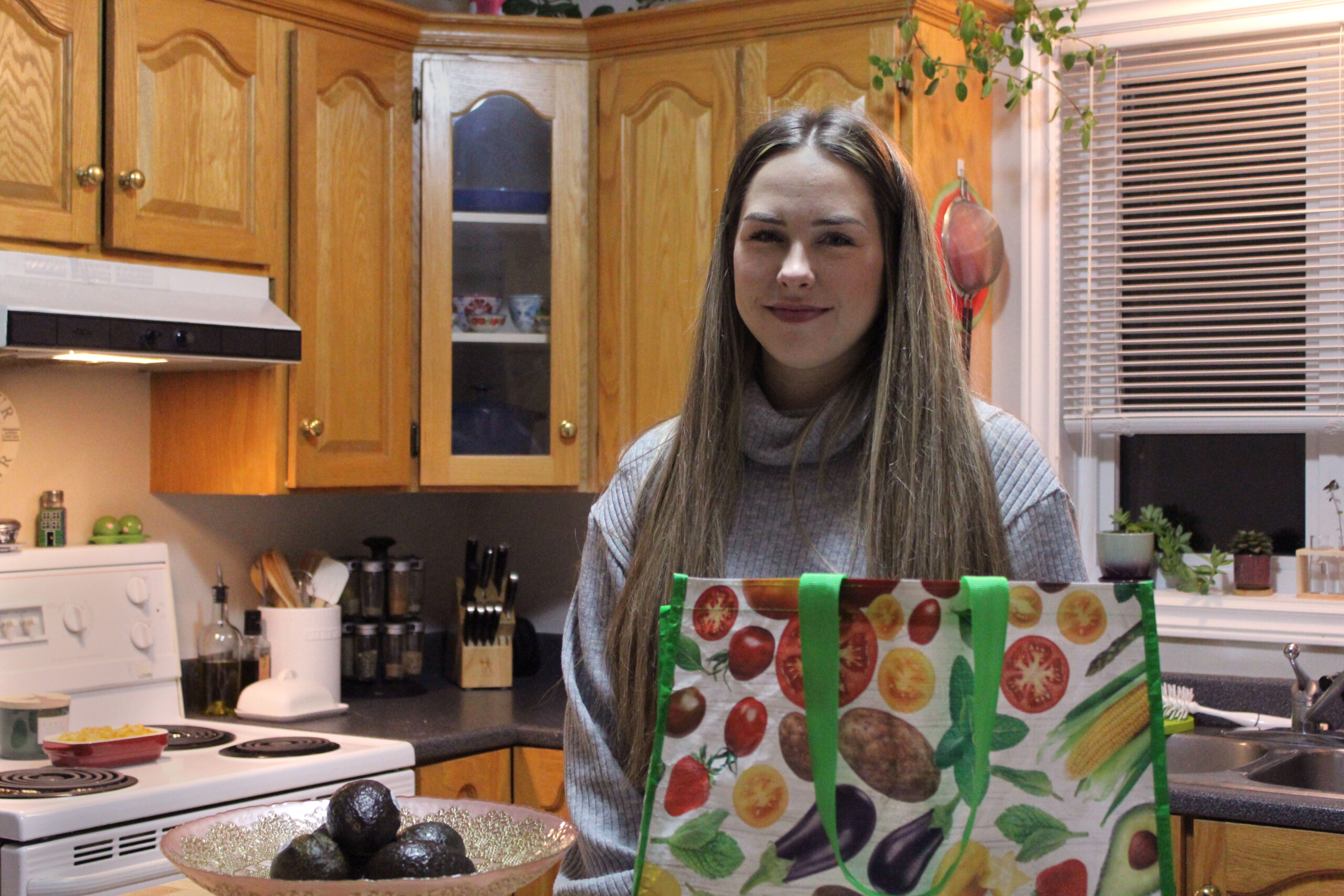According to Canada’s Food Price Report, COVID-19 will have a lasting impact on food prices.

Chantel Murrin
Kicker
Since the pandemic outbreak, post-secondary students everywhere have been affected. Now they’re facing another struggle – rising food costs.
A report released in September from Dalhousie University’s Agri-Food Analytics Lab, suggests the food-inflation rate in Canada for 2021 has reached almost five per cent, which is the highest it’s been since 2003.
Emma Deering-Slade, originally from Salmon Cove, a small town on the Bay de Verde Peninsula, is a fourth-year nursing student at Memorial University living in St. John’s.
She says increased food prices have impacted her education.
“Everything costs more,” said Deering-Slade. “I’m still making the same amount of money I always made. I just feel like I have to work even more to be able to pay for everything like my gas and groceries.”
She works at the Eastern Health COVID-19 vaccination clinics but wasn’t planning on working this semester due to her heavy course load.
However, with the prices of everything rising, she was left with no other choice.
“About halfway through the semester I had to go back to work because student loans only cover so much. I can’t live off student loans,” said Deering-Slade.
The 2016 Canadian census shows that 34.7 per cent of young adults aged 20-34 were living with a parent, but not every post-secondary student has that option.
Eduardo Araujo is an international student living in St. John’s who studies naval architecture at the Marine Institute. His family, who still live back home in Brazil, pay his living expenses.
“A lot of international students go through the same situation because a lot of us, sometimes, we’re not allowed to work in Canada,” said Araujo. “So that also affects how we approach the struggles of everyday living, like buying groceries and paying for rent.”
He says although he’s privileged to be in his position, he sees his peers struggling financially.
“International students, they go into survival mode,” said Araujo, adding that food costs have made their already strict budgets even harder to manage.
According to Statistics Canada, grocery bills in Canada are rising at a 3.9 per cent annual rate.
Deering-Slade has had to change her grocery shopping habits in order to have money left over for other expenses.
One of the changes she’s made is refraining from purchasing meat. According to Statistics Canada, meat has seen the biggest price increase of 10 per cent in the last six months.
Depending on the items, six or seven things can be $100, she says, which has caused her to seek help from her parents.
She says while they don’t give her money, they will bring her chicken or beef when they’re making a weekend trip to St. John’s.
Aside from accepting free groceries on occasion, working more hours is the only way to keep up with current food prices, says Deering-Slade, even if it interferes with her studies.
“It takes away from my schooling,” she said. “Especially where this semester is a 12-week semester happening in six weeks. I have assignment on top of assignment. Especially with group projects, I have to cancel meetings with them because I have to work.”




Be the first to comment